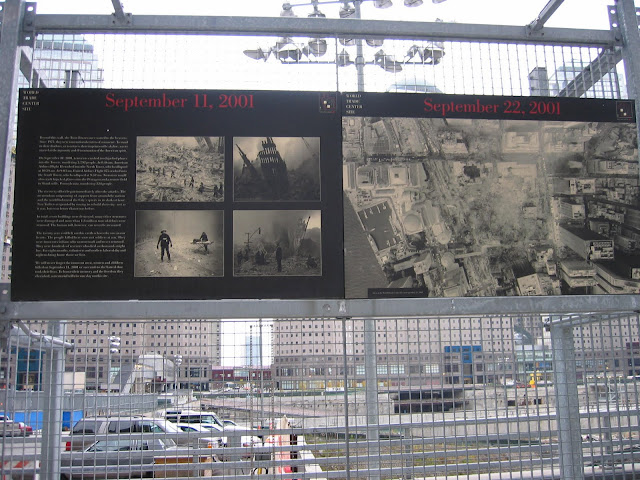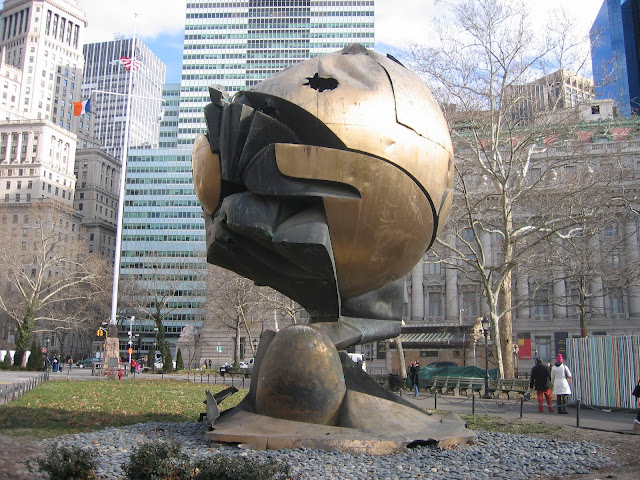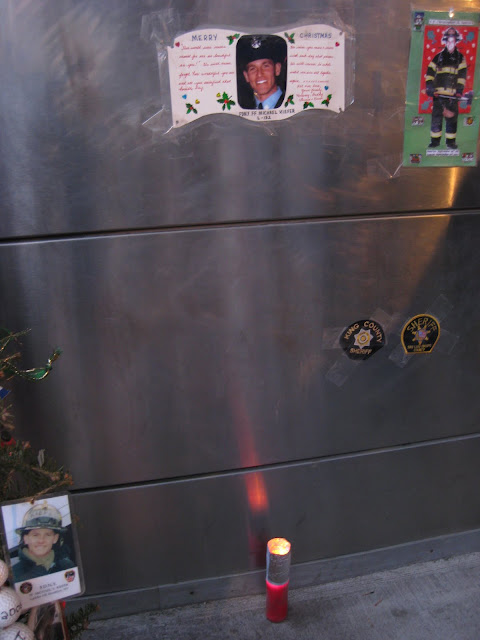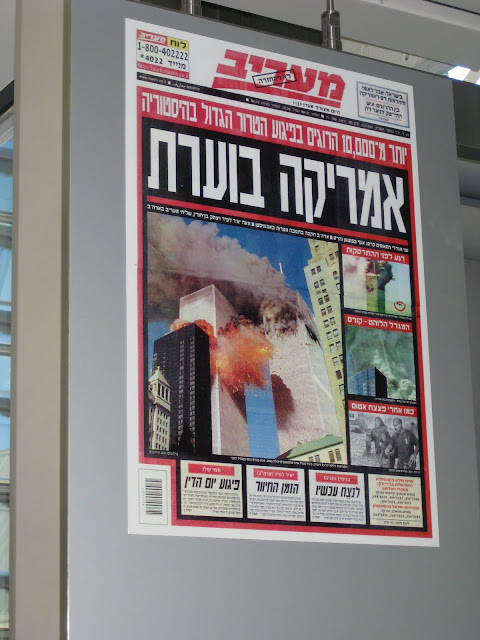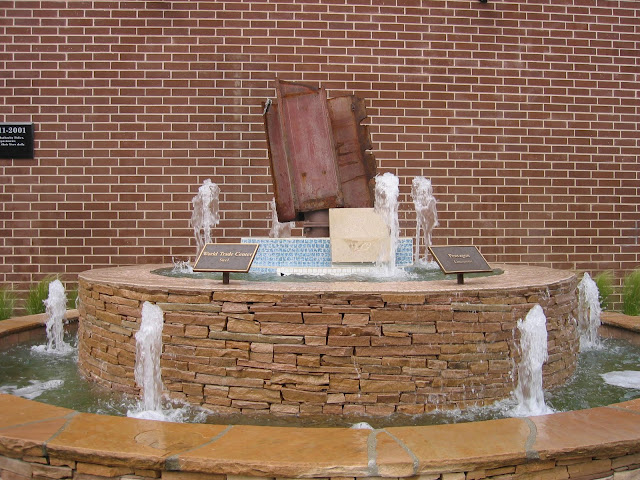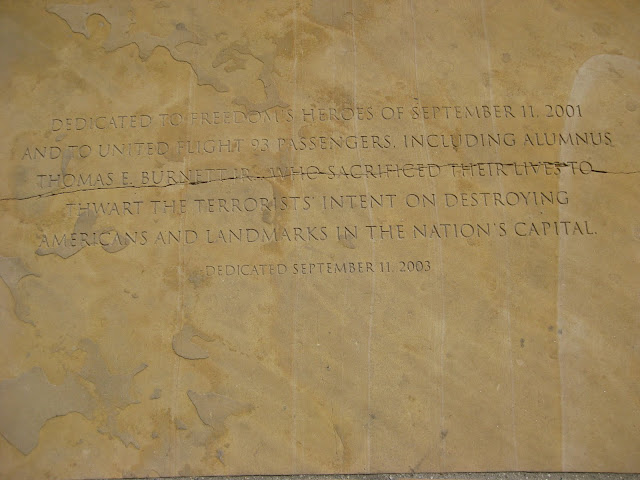 |
| 'That Used To Be Us' authors Thomas Friedman, left, and Michael Mandelbaum speak about their new book at Sixth & I Historic Synagogue in Washington, D.C. on Sept. 8, 2011. |
New York Times columnist
Thomas Friedman and foreign policy scholar
Michael Mandelbaum discussed their new book,
"That Used To Be Us: How America Fell Behind in the World it Invented and How We Can Come Back," on a cool, rainy night in the Nation's Capital while President Barack Obama was delivering his
major address to Congress on jobs and the economy only a few Metro stops away.
The event at
Sixth & I Historic Synagogue was co-presented by
Politics and Prose bookstore and featured Friedman and Mandelbaum summarizing each chapter followed by a brief Q&A session with the audience, who braved a fifth consecutive day of rain and street flooding to pack into the lower and upper levels of the 105-year-old house of worship to hear the renowned authors speak.
They described their motivation for writing the book as two "frustrated optimists" who are concerned that "the American dream is in play." Friedman recounted a story of a visit to China where he was given a tour of a new state-of-the-art convention center that was built in 8 1/2 months and his dismay when he returned to his home in Bethesda, Maryland to find out that the local Washington Metro subway escalator was broken and that it would take six months to fix 21 steps.
But his bigger concern is that he feels the American people have gotten used to things like broken escalators and that in countries such as China a broken escalator would have been fixed yesterday and would not be accepted. It is part of the slow decline the authors talk about.
The big challenges laid out by Mandelbaum are globalization, the information technology revolution, deficits and energy consumption. He said that economic growth is an "American tradition," but that in the twenty years since the Cold War ended we have not been meeting these challenges, and in some cases have been running from them.
Their solution is to look back at American history and what has worked for us in the past. They are:
- Education -- We must educate Americans to compete in the global economy by raising the average and bringing up those who have fallen behind.
- Infrastructure -- We must invest more in rebuilding our roads, bridges, rails, aviation and mass transit systems so we have the best infrastructure in the world again.
- Research and Development -- The government must maintain the deep tradition of investing in scientific and technological R&D because this is the engine of the economy.
- Immigration -- We must continue to attract the best and the brightest from countries across the world and make it easy for them to set up shop here in America. An example used was that around half of the companies in Silicon Valley are run by Chinese and Indian immigrants to the United States.
- Regulations -- We must take a balanced approach to regulating business.
Mandelbaum said the two biggest issues we must confront head on are deficits and climate change. For dealing with deficits, he said we need to cut spending, which includes reforming Social Security and Medicare, raise revenue by cutting tax loopholes and raising energy taxes, and finally spending more on infrastructure and research and development.
He said on the topic of climate change, we aren't even having a real debate about dealing with global warming. Instead we are bickering about whether climate change is real, which, as Mandelbaum pointed out, it is. He said we need a new energy policy that relies less on fossil fuels, and we need a price signal that will raise the price of fossil fuels.
But what about America's broken political system that is the most polarized it's been since the 1850s, just before the Civil War broke out, as the two gentlemen pointed out? How do you break through a political system that has been corrupted by money and the new media?
Friedman said there is an Internet movement that will administer "shock therapy" to Democrats and Republicans in the form of an independent, third party candidate. He said the Internet has toppled dictators but has yet to shake up the two party system in America, but that will change. Friedman also has tremendous faith in the enduring spirit of the American people, who "didn't get the word" that they are supposed to be down and out.
The title of Friedman and Mandelbaum's book is taken from an Obama speech following the 2010 midterm elections, although the president is not mentioned a single time in the book. The authors made it clear they will support any leader, regardless of party affiliation, who follows their prescription for renewing the American dream.
Here is the excerpt from Obama's speech that the title was taken from:
"It makes no sense for China to have better rail systems than us, and Singapore having better airports than us. And we just learned that China now has the fastest supercomputer on Earth — that used to be us."



